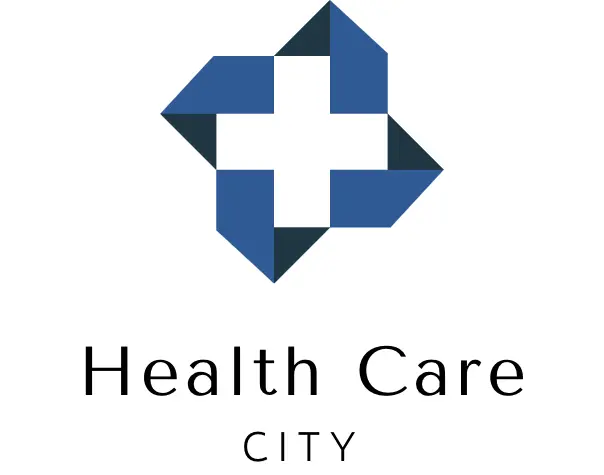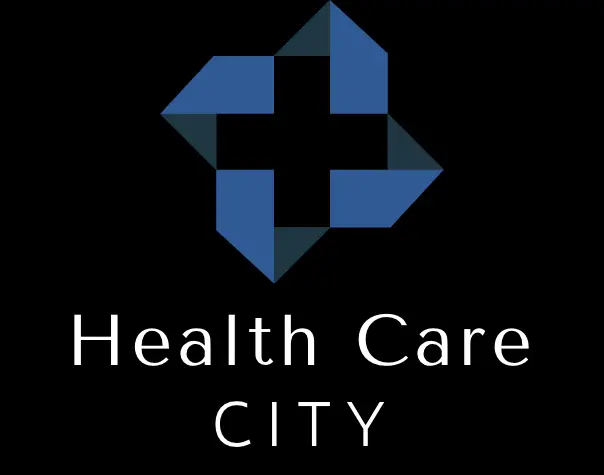Alcoholism or alcohol use disorder is a problem in which a person does excessive and repetitive drinking of alcohol that his body eventually becomes dependent on alcohol. Alcoholism is also known by various terms such as alcohol dependence and alcohol abuse. When a person gets addicted to alcohol, it becomes an essential thing in his life, and couldn’t manage his drinking habits himself. Excessive alcohol usage causes adverse effects in their lives such as loss of job, health, and close relationships.
Causes:
Many genetic, environmental, social, and psychological factors can cause addiction to alcohol. Likewise, stress, anxiety, and other health-related disorders are also important reasons for alcohol addiction. In some cases, alcohol-addicted parents and siblings also put children into alcohol addiction at an early age. Inexpensive alcohol and its easy accessibility increase the risk of alcohol use disorder that can develop specific kinds of chemical changes in the brain. These changes create an urge to drink more and more alcohol and increase the pleasurable feeling while drinking. After some time, this pleasurable feeling goes away, and it becomes a habit that is impossible to leave. The impact of alcoholism on human health is quite unpleasant and even dangerous.
When to see a doctor:
If you feel that you are drinking too much alcohol that affects your health, work, lifestyle, or family, contact your doctor as soon as possible before it leads to several other health issues.
Symptoms:
Alcohol use disorder can be mild, moderate, or severe, depending on the symptoms that a person will experience. Some common signs and symptoms of alcohol use disorder are given below:
- Difficulty in limiting the amount of alcohol
- Experiencing intense craving to drink alcohol
- Spending a lot of time drinking alcohol and getting recovery from its effect
- Fail to cut down the amount of alcohol
- Showing irresponsibility towards home, school, or work due to alcohol addiction
- A decrease in hobbies, social or work activities due to addiction
- Using alcohol while swimming or driving though you know it’s not safe
- Experiencing the withdrawal symptoms such as nausea, shaking, and sweating while avoiding drinking
- Neglecting personal hygiene
- Tremors in the morning after drinking at night
- Facing illness due to alcohol, such as ketoacidosis or cirrhosis
Diagnosis:
Your doctor can diagnose alcohol use disorder by performing your physical trial and asking a few questions related to symptoms. These questions may include the following:
- Reasons behind drinking alcohol
- Do you need more quantity of alcohol to feel drunk?
- Have you ever experienced a blackout due to excessive drinking?
- Have you ever tried to quit the alcohol but were unable to cut it off
Usually, there is no need to perform any diagnostic testing as the patient usually informs himself about his condition. Sometimes, the doctor may suggest liver functioning tests to identify the effect of alcoholism leads to liver diseases.
Treatment:
The treatment of alcohol use disorder depends on the severity of the disease, and it varies from person to person. Each method helps get rid of your alcohol addiction. The treatment of alcoholism occurs in stages through the following ways:
- Rehabilitation to learn the new behavior and coping skills
- Medications
- Detoxification or withdrawal
- Medical treatments
- Solution of the emotional urge to drink
- A support group consists of 12 step program such as Alcoholic anonymous
Following medication helps treat alcohol use disorder:
- Naltrexone helps reduce the patient’s craving for alcohol. This drug blocks certain types of receptors in the brain, which create an urge to get a high dose of alcohol. This drug is often used after detoxing from alcohol.
- Disulfiram drug is used to create physical discomfort in the human body such as nausea, vomiting, and headache after alcohol intake.
- Acamprosate medicine can be used in combination with therapy to reestablish the brain’s original condition before alcohol addiction.
If the alcohol addiction gets severe in the body, you must take treatment in an inpatient where you can get 24 hours care until full recovery from this problem. Once you will enough recovered to leave, you can get your further treatment on an outpatient basis.
Risk factors:
The factors that increase the risk of alcoholism are the following:
- Family history: The chance of alcohol addiction is high among those people whose parents and other close ones are already suffering from alcohol addiction. It makes alcohol accessibility easy for them, and genetic factors can also influence it.
- History of trauma: People suffering from trauma or any other mental disorder also have a chance of alcohol use disorder.
- Steady drinking over time: Excessive alcohol usage regularly for an extended period can also increase the risk of alcohol use disorders.
- Starting at an early age: People who started drinking alcohol at an early age will fall prey to this addiction in their 20s, leading to serious health issues later on.
- Depression or other mental health problems: Many mental health issues can lead to alcohol addiction such as anxiety, schizophrenia, depression, and other bipolar disorder.
- Social and cultural factors: Having friends and working colleagues who use alcohol regularly encourage you to drink that will ultimately increase the risk of alcohol use disorder.
- Having bariatric surgery: Bariatric surgery can also increase the risk of developing alcohol use disorder.
Complications:
Alcohol use disorder not only damages your liver but also leads to severe complications and health issues, such as:
- Dementia
- High blood pressure
- Gastrointestinal tract bleeding
- Brain cells damage
- Cancer in the GI tract
- Nerve damage
- Pancreatitis
- Depression
- Changes in mental state such as confusion, vision change, or memory loss
- Sexual function and menstruation issues
- Heart problems
- Diabetes
Preventions:
Alcoholism can be prevented by following tips and techniques:
- Don’t keep alcohol at home
- Set drinking limits
- Avoid taking more than one or two drinks in a day
- Surround yourself with non-drinkers
- Always keep in mind the consequences of excessive alcohol use
- Spent more time with your family
- Adopt healthy activities
References:
- https://www.mayoclinic.org/diseases-conditions/alcohol-use-disorder/symptoms-causes/syc-20369243 retrieved on April 28, 2022.
- https://en.m.wikipedia.org/wiki/Alcoholism retrieved on April 28, 2022.
- https://www.healthline.com/health/alcoholism/basics#prevention retrieved on April 28, 2022.
- https://www.drinkaware.co.uk/facts/health-effects-of-alcohol/mental-health/alcoholism retrieved on April 28, 2022.
- https://vertavahealthmassachusetts.com/blog/how-to-prevent-alcohol-abuse/ retrieved on April 28, 2022.
https://www.pinelandsrecovery.com/definition-of-alcoholism/ retrieved on April 28, 2022



